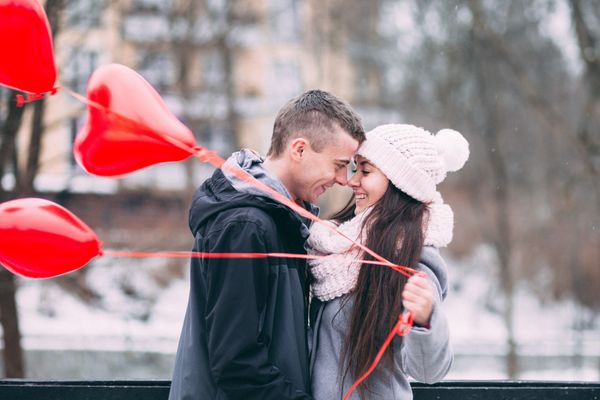No edit, no filter. “#happymothersday,” I key into the phone. Annnnd, share. Just like that, I had uploaded my first photo to Instagram. It was a dimly lit selfie of my mother and me smiling into the camera. We had taken the picture probably 2 minutes prior and I was so excited to share it with my friends on this new app. After all, Facebook was, like, so last year.
If you scroll back far enough, my first post is still there. In fact, most of my old posts are, save for a few pictures with some old friends who are no longer in my life. I made that Mother’s Day post around 6 years ago, and back then, Instagram was a whole different world. Instagram started out as a Facebook-esque platform to share photos of your life with friends and family. It started out as updates on your life, and what you did that day. But as anyone who still uses the app will tell you, it’s taken a bit of a turn.
These days, my feed is flooded with aesthetic pictures, faux-candids, and whatever perfectly crafted acai bowl and avocado toast someone had for breakfast. It’s not a bad thing. People have been able to build a career out of sharing their photography through the app; and some have been able to make a living off of these pictures and this platform (Re: Instagram models). However, this transformation signals something else.
In a similar vein as most social media platforms, Instagram has turned into a breeding ground for snapshots of conspicuous leisure and consumption. This app has made the transformation from a way to keep in touch and share your life, to a highlight reel for the world to see and admire. @earthtocait’s greatest hits. Snapshots of weekend getaways. Filters distorting the image; brighter is better. And the never-ending search for that perfect caption. Anything to gain social capital among your peers.
With this new format and the following expectations for what’s to be posted comes a level of emotional dishonesty. Everyone knows that social media is surface level and likely doesn’t encompass a person’s entire life, good and bad.
However, when that’s the only content anyone’s sharing, it’s easy to feel like you’re the odd man out. It’s tempting to compare your life to others. And having an app in your pocket nagging you and reminding you that you’re not on a beach in the Bahamas and you’re not walking through a snow-coated Central Park starts to feel a little depressing.
A professor once told me negative feelings are stronger than positive ones. It’s much easier to feel bad about your life than it is to feel good about it. Not to say that social media is specifically to blame; just that it’s easy to do when you’re comparing a constantly curated final cut, to your raw footage.
No one wants to post about how they didn’t get the job they interviewed for, and no one wants to tell the world their relationship failed. But this lack of honesty creates a false persona that can be toxic when others take it at face value.
Do what you want with your life. And do what you want with your social media platforms. But recognize that Instagram is a highlight reel, and understand that everyone is different. I wish I was in Hawaii, too. But try not to let socially constructed representations of someone else’s life affect the perception you hold about your own. Don’t let Instagram culture get you down. There’s no healthy way to compare people, so don’t.



















